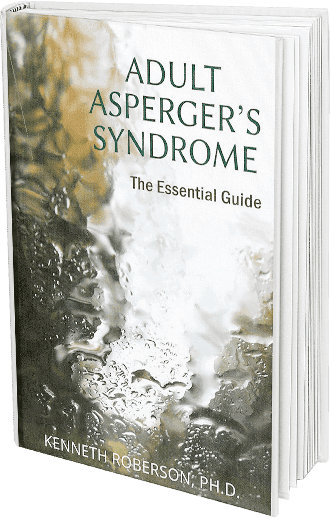
Masking is a common phenomenon that many people with Autism Spectrum Disorder (ASD) use to cope with social situations. It involves concealing one’s true thoughts, feelings, and behaviors to blend in with social norms and expectations. While masking can help people with ASD navigate social interactions, it can also lead to emotional exhaustion, anxiety, and burnout. This article focuses on masking in adult women with ASD, including why they mask, how to notice when they are masking, the disadvantages of masking, and what women can do to minimize the use of masking.
Women with ASD are more likely to mask than men with ASD due to social and cultural expectations. Society expects women to be socially skilled and empathetic, which can make it challenging for women with ASD to fit in. Therefore, they may mask their autistic traits to blend in with their peers and avoid being stigmatized. Masking can involve several strategies such as mimicking social behaviors, suppressing stimming behaviors, and camouflaging their true selves. Women with ASD may also overcompensate by being overly friendly or talkative to appear more socially adept than they are.
To notice when someone is masking, it is important to pay attention to nonverbal cues. Women with ASD may avoid eye contact, struggle to initiate or maintain conversations, or exhibit rigid body language when they are masking. They may also have a scripted way of speaking and avoid talking about their interests. Additionally, they may appear anxious or stressed when engaging in social situations. These cues can indicate that someone is masking their true self.
The disadvantages of masking are numerous and can have significant consequences for women with ASD. First, masking can be emotionally exhausting and lead to burnout. Women who mask may feel like they are living a double life, which can be emotionally draining. Second, masking can lead to social isolation and a lack of connection with others. Women who mask their true selves may struggle to form authentic relationships and feel like they are constantly hiding something. Third, masking can lead to misdiagnosis and delayed treatment. If women with ASD are masking their symptoms, they may be misdiagnosed with other conditions such as anxiety or depression, which can delay receiving appropriate treatment.
To minimize the use of masking, women with ASD can employ several strategies. First, they can seek out supportive environments where they can be their true selves. This can involve finding like-minded peers, joining ASD support groups, or seeking out therapy from a professional who understands the unique challenges of masking. Second, they can practice self-care to manage their anxiety and stress levels. This can involve engaging in calming activities such as yoga, meditation, or sensory-friendly hobbies. Third, they can practice self-acceptance and self-compassion. Women with ASD can learn to accept themselves for who they are and acknowledge that masking is a coping mechanism that has helped them in the past.
In conclusion, masking is a common coping mechanism that women with ASD use to navigate social situations. While masking can be helpful, it can also lead to emotional exhaustion, social isolation, and delayed diagnosis. To minimize the use of masking, women with ASD can seek out supportive environments, practice self-care, and practice self-acceptance. By doing so, they can learn to embrace their true selves and form authentic relationships with others. It is important for society to recognize the challenges that women with ASD face and work towards creating inclusive environments where they can thrive.
Dr. Kenneth Roberson is an Autism Spectrum Disorder psychologist in San Francisco with over 30 years of experience.




